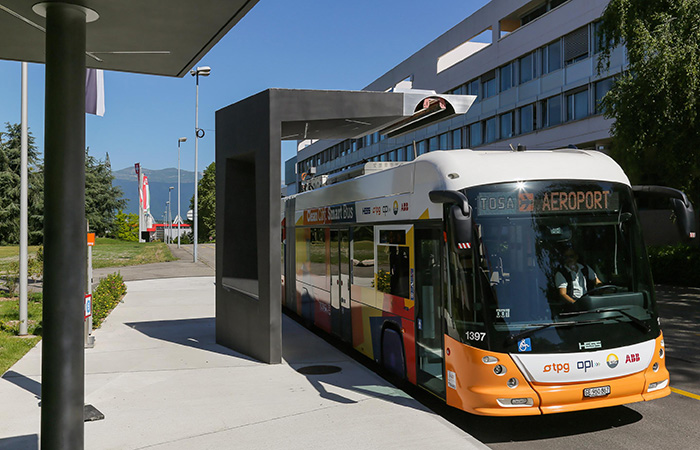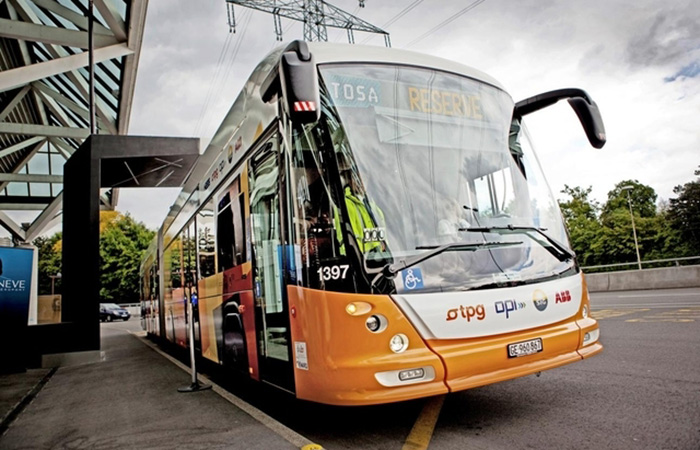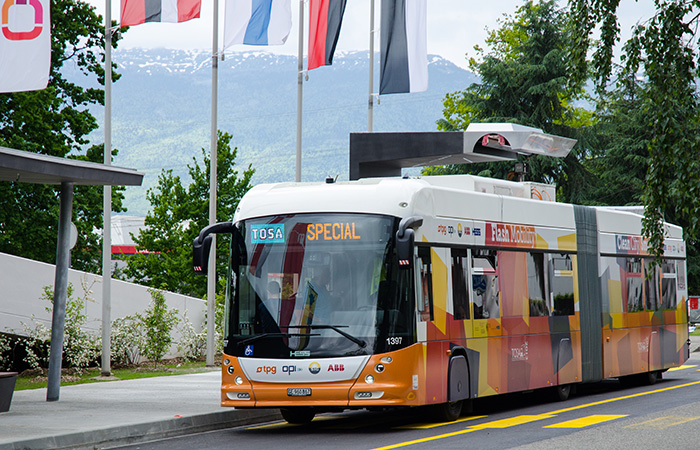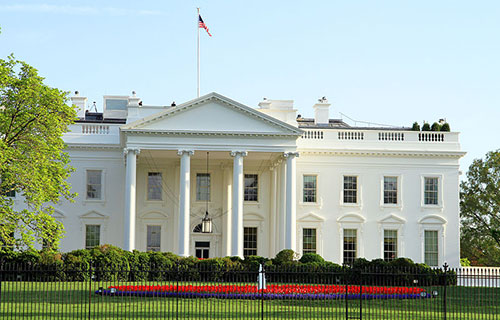What Are Exoplanets And How NASA Detects Life Beyond Our Solar System
Bharti Airtel Set To Acquire Telenor India Within This Year
Google Celebrates NASA’s Discovery Of Seven Earth-Like Planets With An Animated Doodle
Some Home Remedies That Might Sound Bizarre But Actually Work Like A Charm
Akshay Kumar Feels He Has Made Enough Money, Now Wants To Focus On Content & Characters
Delhi ATM Dispenses Fake Rs 2000 Notes From ‘Childrens Bank of India’ With ‘Churan Lable’
Adolf Hitler’s Personal Telephone During World War II Is Up For Auction In The US
From Salman Khan To Rekha, Neil Nitin Mukesh’s Wedding Reception Was Quite A Starry Affair
These Eco-Friendly Buses Can Curb Vehicular Pollution In India
In 2017, Geneva will have a new line of buses that is likely change the face of public transport in this global hub of finance and diplomacy. These buses need just 15 seconds of charge to run a whole 2 km. And the technology they use will have Indian environmentalists chomping at the bit, because it could help India reduce a whopping 3.7 million tons of carbon dioxide emissions. Geneva's public transport operator TGP, the Office of Promotion of Industries and Technologies, the Geneva power Utility SIG and ABB have collaborated to develop these buses. TOSA is the acronym this new bus system is known by. That stands for Trolleybus Optimisation Systeme Alimentation.
At the first sight, these buses look like the regular electric trolley buses one sees in most European cities. But look towards the roof of one of these buses and you will see that instead of trolley poles - that connect to overhead lines - there's a moving arm on the bus that connects to an overhead receptacle, which is in turn integrated with a bus terminal.
That receptacle holds a flash-charging technology that feeds the batteries on the bus for 15 seconds, as passengers get on and off it. This 15-second charge gives these batteries a 600-kilowatt boost - enough for the bus to travel 2 km with more than 130 people. Later, at the bus terminals, the batteries are charged fully, and that takes 4-5 minutes.
Sounds simple, yes, but when Geneva's 229-strong diesel fleet is replaced with the new buses, it will help Geneva save as many as 1,000 tons of carbon dioxide a year - that is, assuming the diesel buses run 600,000 kms annually.
When fully commissioned in 2018, these buses - that will run on the city's Route 23, which connects the city's airport with its suburbs - will carry over 10,000 passengers a day.

Why is this significant for India?
Transport accounts for a tenth of India's greenhouse gas emissions and road transport accounts for 95% of that.
According to a study by the Indian Institute of Science, one diesel bus replaced by an electric bus on Indian roads will lead to a carbon dioxide reduction of around 25 tonnes a year. India has 150,000 diesel buses. If all of these are replaced by electric buses, that amounts to 3.7 million tons of CO2 emissions a year that India could reduce.
This technology will then enable - quickly - the creation of smart cities; Prime Minister Narendra Modi's vision is to have 100 smart cities in India. This will also boost India's Paris Climate Accord goals. New Delhi officially ratified the Paris Climate Accord on Sunday. Under the Accord, India has committed to reduce emission intensity by as much as 33 per cent, by 2030. India has also agreed to have 40 per cent of its total installed electric power capacity come from non-fossil-fuel-based energy resources by 2030.






